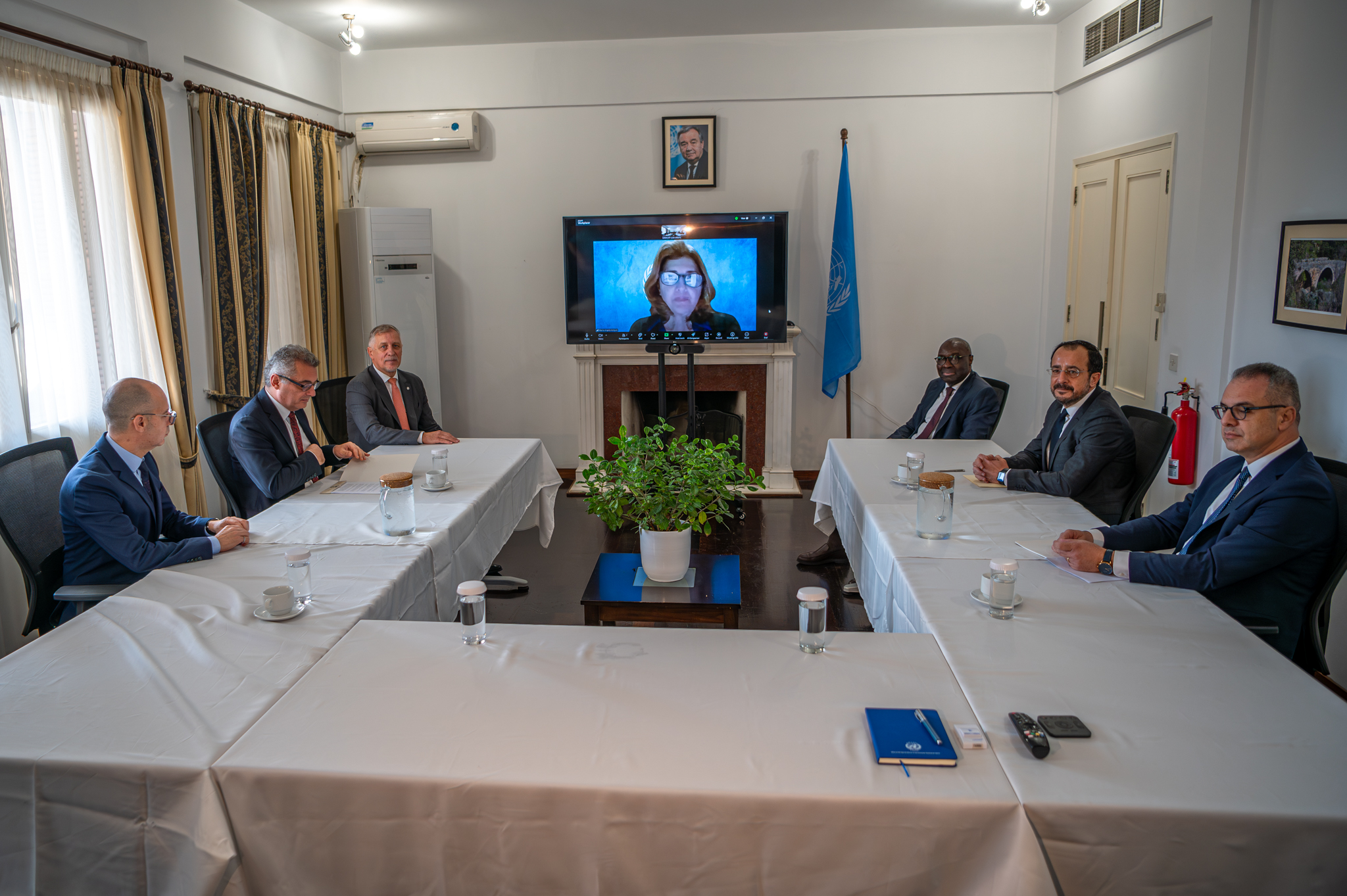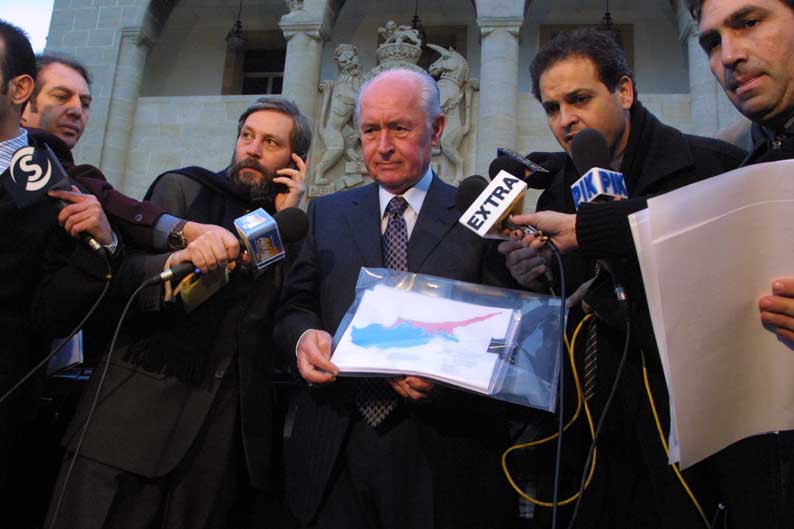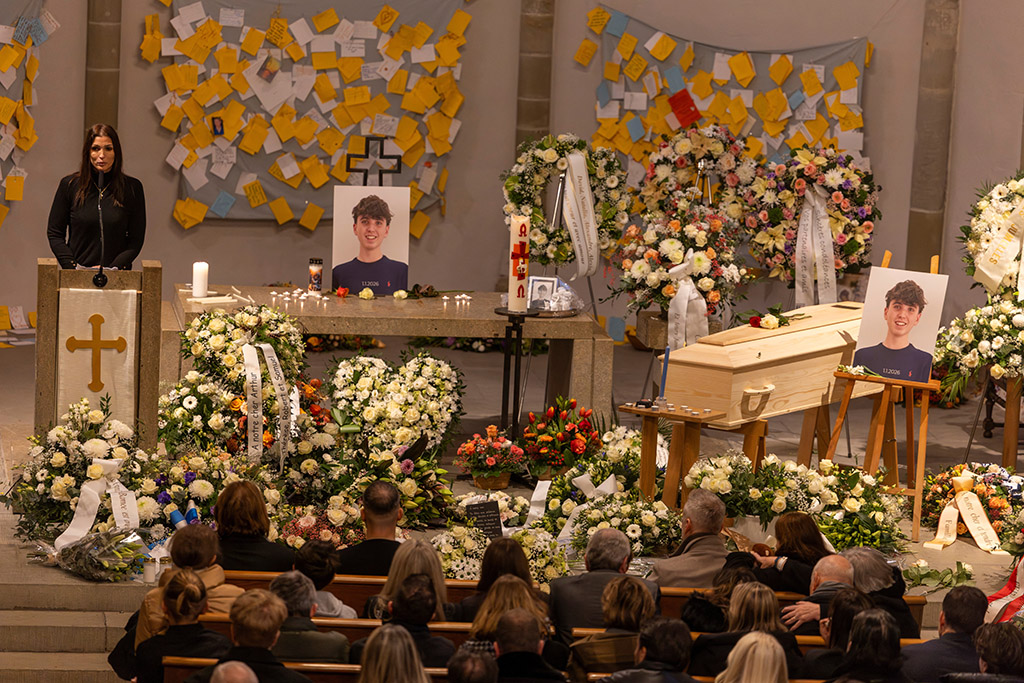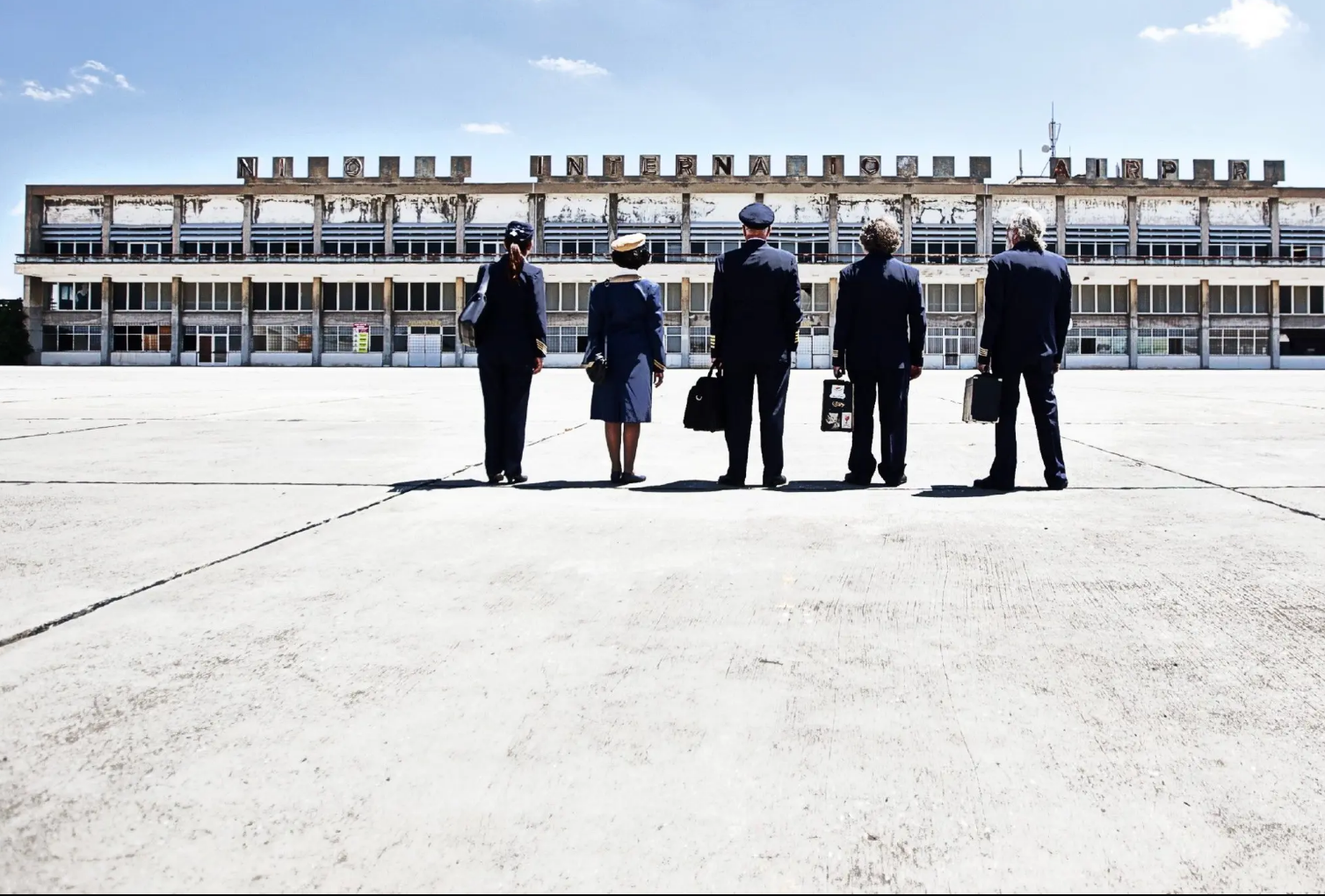The election of Tufan Erhurman as leader of the Turkish Cypriots raised the mood around the Cyprus problem, after eight years of deadlock that was reconfirmed after every failed attempt to find a way forward. Ersin Tatar, throughout his leadership in the last five years, remained totally committed to the two-state solution, thus ensuring there was no common ground for the resumption of talks.
The two leaders could not even agree on the confidence building measures, suggested by the UN Secretary-General, such as the opening of new crossing points, although Tatar was not exclusively to blame for this. The leaders, in principle, agreed to the opening of a crossing point at a meeting with the UNSG in New York in October 2024, but a year later, we are still waiting for this to happen.
The opening of a new crossing was not among the 10 confidence-building proposals presented by Erhurman at Thursday morning’s meeting with President Nikos Christodoulides. The proposals, he said, were intended to create a “settlement atmosphere” which did not exist at present. These were low-level, practical confidence-building measures that do not require any real concession of either side. They included resolving the issue of mixed marriages, making it easier to use the three main crossings, addressing the problems of the Green Line regulations and completing the halloumi procedure.
One proposal that is unlikely to be accepted was the ending of arrests and moves that created a negative climate. Although it is kept vague – no mention about people who are exploiting or developing Greek Cypriot-owned properties in the north – and could mean anything, it is questionable whether Christodoulides would accept it given his past assertions about rule of law in which he could not possibly interfere.
The drastic change of approach of the Turkish Cypriot side is encouraging. And Erhurman is right to propose some confidence-building measures to improve the climate which has been toxic for several years now. He may have caught Christodoulides unprepared with this practical approach, but the president also focused on the positives after the meeting. The fact that he and Erhurman would have a joint meeting with the UNSG’s personal envoy, Maria Angela Holguin was positive, he said, and it is difficult to disagree considering Tatar’s obdurate refusal to agree to such a meeting.
Christodoulides also went to the meeting “with many suggestions and approaches on how positive developments would be created,” and these were included in his opening statement. His suggestions, he hoped would lead to a resumption of the talks or, in Erhurman’s words, create a “settlement atmosphere.” In other words, there was agreement on how to proceed at the first meeting of the two leaders. This was a step forward and we hope more will follow soon.







Click here to change your cookie preferences